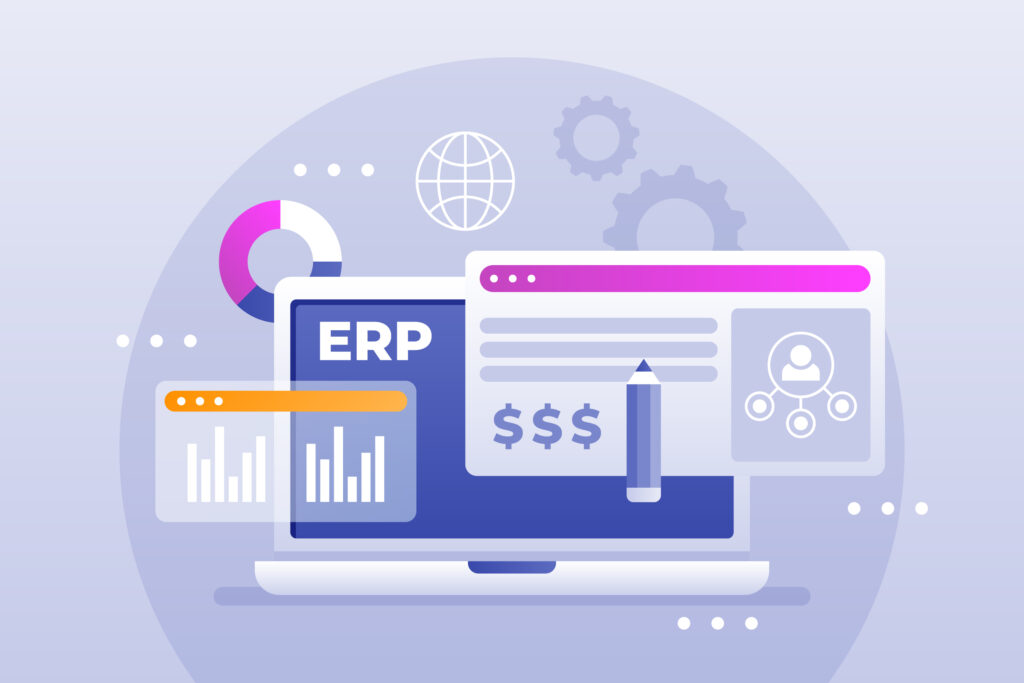Enterprise Resource Planning (ERP) software is a business management solution that helps companies integrate and manage their core business processes, including finance, human resources, inventory, and manufacturing. In this article, we will explore the benefits of ERP software and how it can help businesses optimize their operations and increase their profitability.
Streamlining Business Processes
One of the primary benefits of ERP software is that it streamlines business processes by automating tasks, reducing the need for manual intervention, and eliminating duplication of effort. Doing so, it helps businesses save time and resources while also reducing the likelihood of errors.
For example, ERP software can automate financial processes such as accounts payable and accounts receivable, eliminating the need for manual data entry and reducing the risk of errors. It can also automate inventory management, ensuring that stock levels are always optimized and reducing the likelihood of stockouts or excess inventory.
Improved Data Management
ERP software provides businesses with a centralized database that contains all their critical business information. This information is available to all departments, ensuring that everyone is working with the same data. This centralized data also provide businesses with better visibility into their operations, allowing them to make data-driven decisions.
For example, ERP software can provide businesses with real-time data on inventory levels, production schedules, and sales figures. This information can help businesses optimize their operations, reduce costs, and increase profitability.
Enhanced Collaboration
ERP software also facilitates collaboration between different departments within a business by providing a platform for sharing information and resources. This collaboration can help businesses break down silos and improve communication, leading to better decision-making and improved productivity.
For example, ERP software can provide visibility into inventory levels, production schedules, and customer orders, allowing different departments to work together to ensure that products are delivered on time and at the right quantity.
Improved Customer Service
ERP software can also improve customer service by providing businesses with the tools to manage customer relationships effectively. This includes providing a centralized database of customer information, allowing businesses to track customer interactions, and providing insights into customer behavior.
For example, ERP software can provide businesses with real-time data on customer orders, allowing them to track the status of each order and provide customers with accurate information on delivery times. This can help businesses build trust with their customers and improve their overall customer experience.
Scalability
Finally, ERP software is highly scalable and can grow with a business as it expands. This is particularly important for businesses that are experiencing rapid growth and need a system that can keep up with their changing needs.
For example, ERP software can be customized to meet the unique needs of a business, including adding new modules as needed. This means that businesses can scale their operations without worrying about outgrowing their software.
Conclusion
In conclusion, ERP software is an essential tool for businesses looking to optimize their operations and increase their profitability. By streamlining business processes, improving data management, enhancing collaboration, improving customer service, and providing scalability, ERP software can help businesses stay competitive in today’s fast-paced business environment. If you’re looking to improve your business operations and take your company to the next level, consider investing in an ERP software solution.

